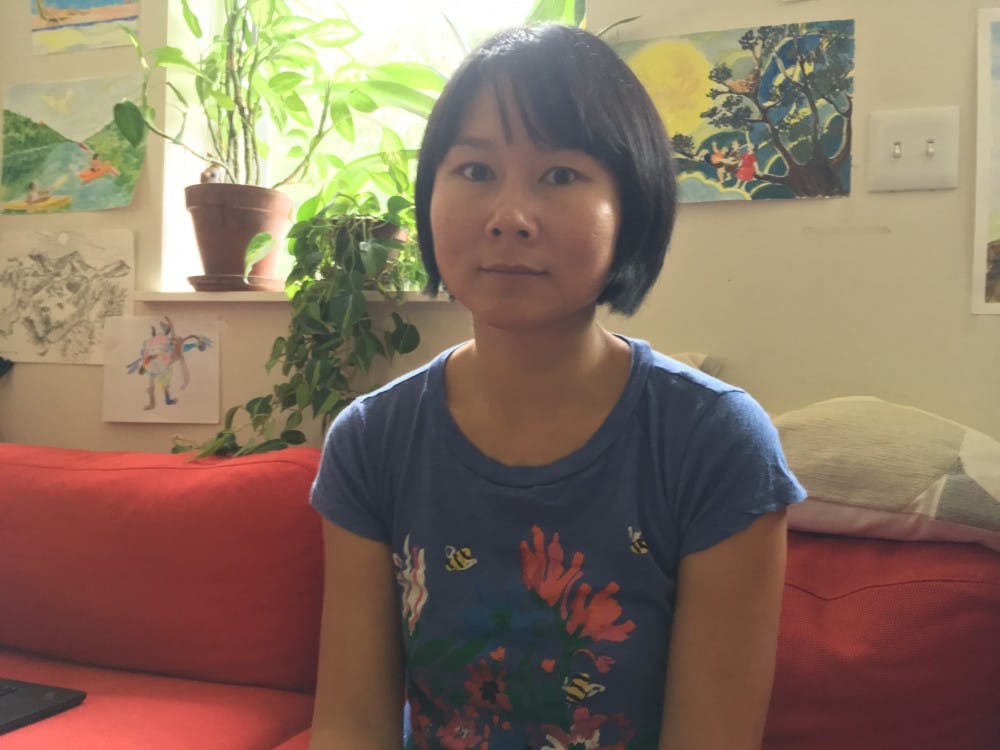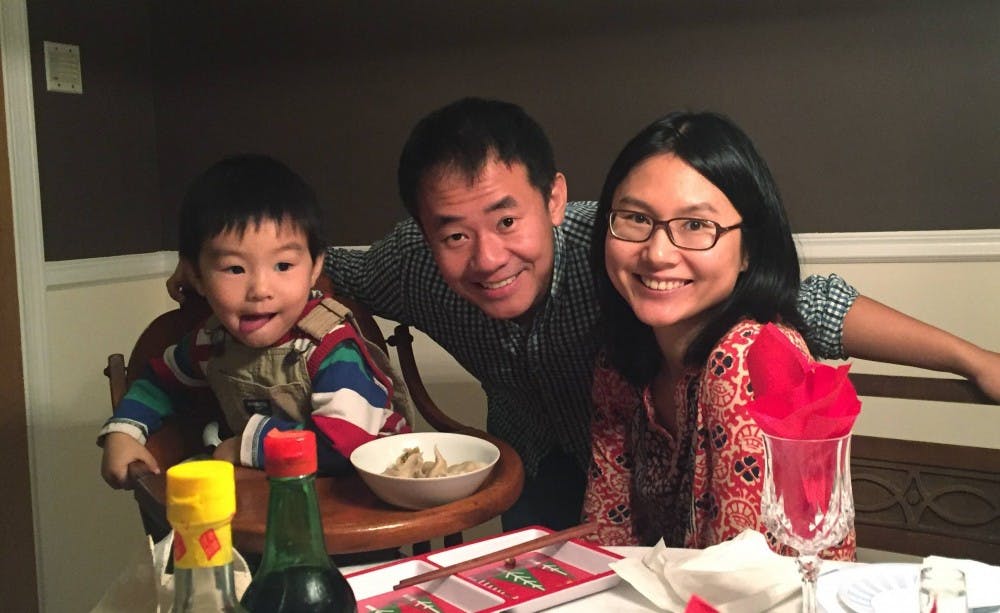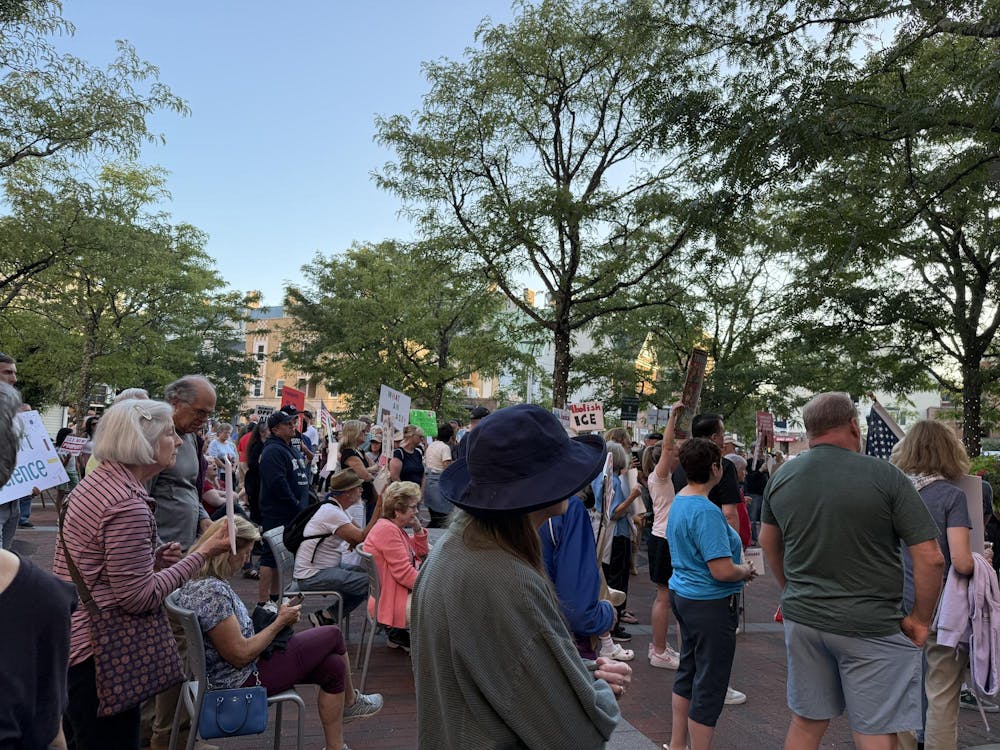The United Nations concluded last month that Xiyue Wang, the graduate student imprisoned in Tehran, should be released immediately. As of Sept. 10, 2018, Wang has been imprisoned for over two years.
The UN Working Group on Arbitrary Detentions released the opinion on August 23 which concludes that the Iranian authorities’ August 2016 arrest of Wang had no legal basis, that Iran violated Wang’s right to a free trial in spring 2017, and that Wang’s “deprivation of liberty is arbitrary.”
The opinion was formed in response to a petition to the UN filed by Wang’s wife, Hua Qu, and his mother, on Jan. 11, 2018.

Hua Qu, 36, in her apartment in Lakeside graduate housing on Sept. 7, 2018. She has continued to live in the apartment she and her husband shared until he was imprisoned in Aug. 2016.
In their opinion, the Working Group on Arbitrary Detentions concluded that Wang was abiding by his right to obtain information for academic purposes in the form of historical records held by a public entity.
Furthermore, the UN opinion is significant because the Working Group performed a months-long independent investigation which allowed Iran to substantiate their claims against Wang, a naturalized U.S. citizen.
Iran came back to the UN with no evidence, further highlighting the injustice of Wang’s arrest, trial, and imprisonment.
Wang’s struggle with Iranian authorities has received significant attention because of its extremity.
Since Aug. 7, 2016, Wang has been held in Iran’s Evin prison in Tehran, serving a 10-year sentence for a conviction of espionage.
According to multiple sources, Wang has been mistreated and his health is deteriorating.

Wang has been in regular contact with his wife, his adviser Dr. Stephen Kotkin, and a few of his fellow graduate students, according to University Secretary and Vice President Robert Durkee.
The University, Wang’s academic advisors, and Wang himself attest that Wang was not involved with gathering any information other than that concerning the Qajar Dynasty, which ruled from 1785-1925, for his dissertation on regional governments.
Iranian courts denied Wang’s appeal of his sentence.

The UN Working Group found that no trial of Wang should have taken place and that the courts that tried Wang and heard his appeal “do not meet the standards of an impartial and independent tribunal.”
“We don't have any case file,” Hua Qu told the The Daily Princetonian on Friday, Sept. 7.
Robert Durkee told the ‘Prince’ he thinks the UN opinion has serious potential to influence how other countries view Iran’s actions, saying, “a judgement they make would have far more stature than other findings.”
It's still unclear if Iranian authorities are willing to arrange for Wang’s secure release.
In addition to the UN opinion, Hua Qu released the following statement, which the ‘Prince’ obtained on Sept. 10:








